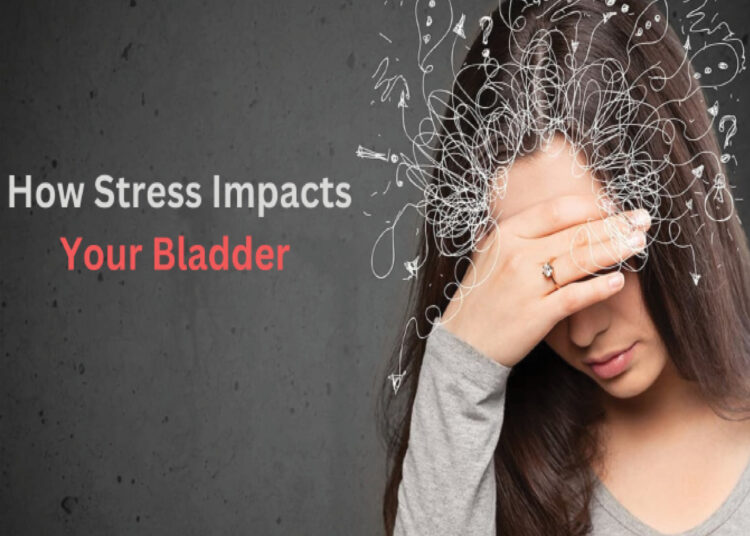When we think of stress, we often link it to mental fatigue, sleepless nights, or emotional strain. But the effects of stress extend far beyond the mind – it can significantly impact physical health, including one area many people overlook: the bladder.
How It Works
The bladder doesn’t operate in isolation. It’s influenced by a sophisticated network of signals between the brain and nervous system. During periods of stress, the body activates its fight-or-flight response, releasing stress hormones such as adrenaline and cortisol. These hormones can trigger the bladder muscles to contract involuntarily or amplify sensations of urgency—even if the bladder isn’t full.
This phenomenon is often referred to as “nervous bladder” or stress-induced overactive bladder (OAB). Symptoms can include frequent urination, sudden urgency, and, in some cases, leakage. For individuals with interstitial cystitis—a chronic, painful bladder condition—stress can also lead to flare-ups and heightened discomfort.
Stress Relief As Symptom Relief
Managing stress through techniques like deep breathing, mindfulness, regular exercise, and adequate sleep can help ease bladder-related symptoms. Pelvic floor therapy and cognitive-behavioral therapy (CBT) have also been beneficial for many people dealing with anxiety-related bladder issues.
If bladder symptoms persist or interfere with daily life, it’s important to consult a healthcare provider for a proper diagnosis and treatment plan. Your mental and physical well-being are deeply connected, and taking care of one can support the health of the other.
Stress Relief As Symptom Relief
Reducing stress isn’t just good for your mental health—it can also provide real, measurable relief for stress-related bladder symptoms. Because the mind and body are so closely linked, calming the nervous system can help reduce bladder sensitivity, urgency, and frequency.
Lifestyle Techniques
Practicing deep breathing exercises can help activate the body’s relaxation response, slowing down the heart rate and reducing muscle tension, including in the pelvic region. Mindfulness and meditation help increase awareness and control over physical sensations, making it easier to manage the urge to urinate that stress can amplify.
Regular physical activity is another powerful stress reliever. Exercise boosts mood-regulating chemicals like endorphins and improves overall nervous system function, which in turn can reduce the occurrence of overactive bladder symptoms. Likewise, ensuring consistent, restorative sleep is essential. Lack of sleep not only increases stress but can worsen urinary urgency and frequency.
Therapeutic Approaches
For those experiencing ongoing symptoms, pelvic floor therapy—a specialized form of physical therapy—can strengthen the muscles that control urination and reduce involuntary bladder contractions. This therapy often includes guided exercises, biofeedback, and relaxation techniques tailored to each individual’s needs.
Cognitive-behavioral therapy (CBT) is another evidence-based method that helps individuals understand and change thought patterns that contribute to anxiety and stress. CBT can reduce both the emotional triggers of bladder symptoms and the distress caused by the symptoms themselves, helping people regain confidence and control.
When To Seek Help
While lifestyle and therapeutic strategies can be effective, persistent bladder issues should never be ignored. If symptoms interfere with daily life—such as frequent bathroom trips, discomfort, or urinary leakage—consulting a healthcare provider is crucial. They can rule out underlying conditions like urinary tract infections, interstitial cystitis, or neurological issues, and recommend a personalized treatment plan.
Ultimately, your mental and physical well-being are not separate; they are deeply intertwined. Taking steps to manage stress not only helps your emotional health but can significantly improve your physical symptoms—restoring comfort, confidence, and quality of life.





